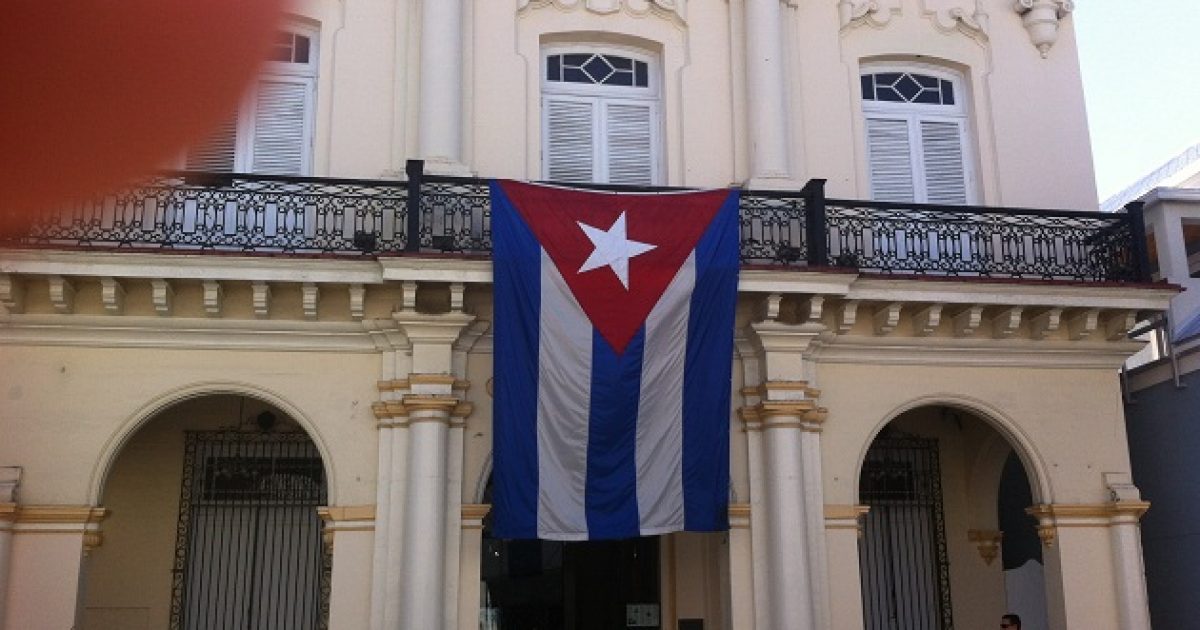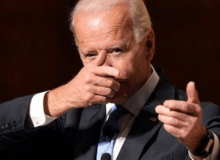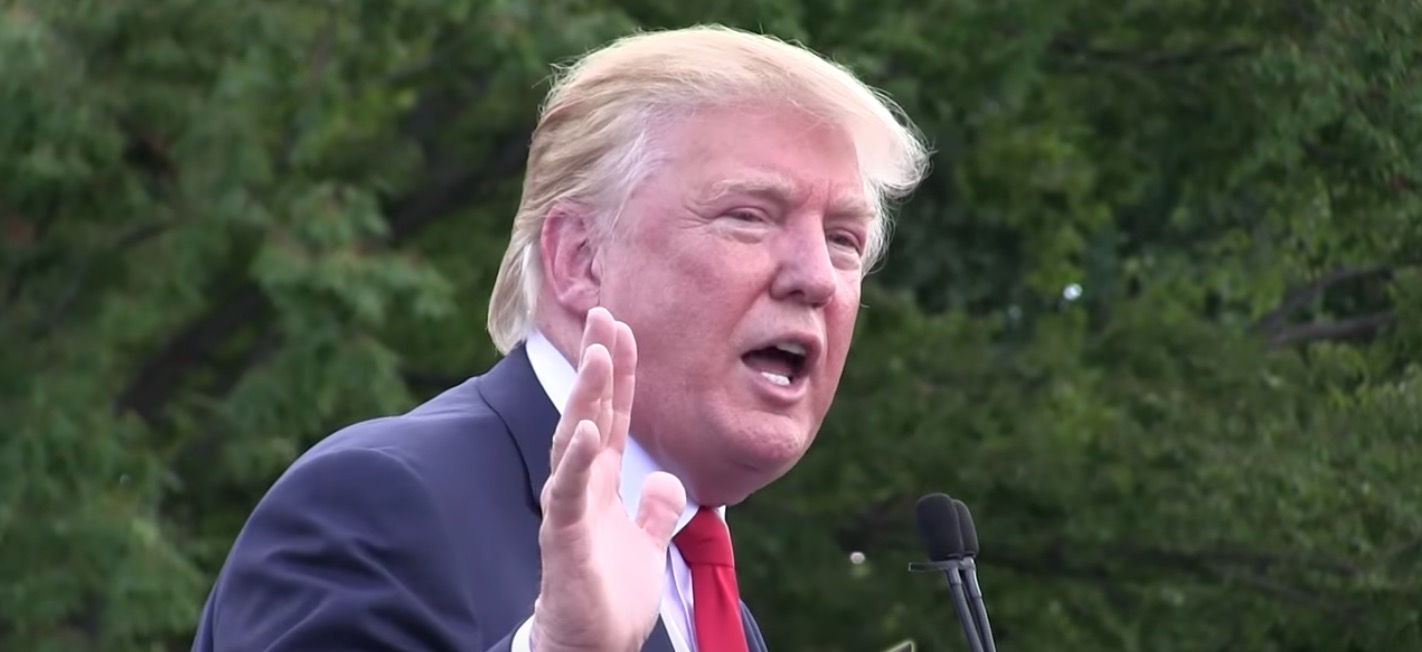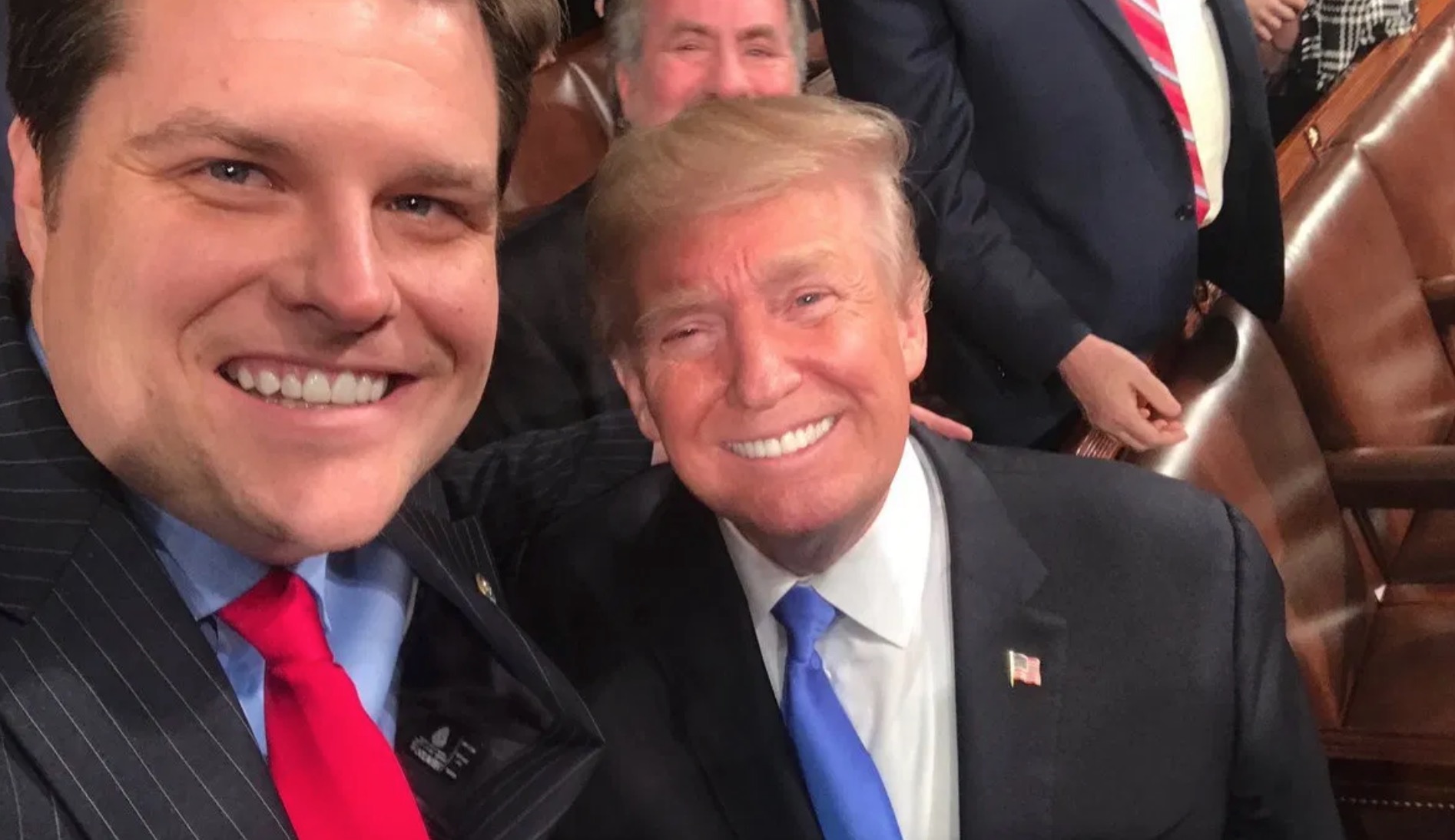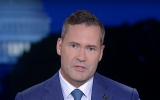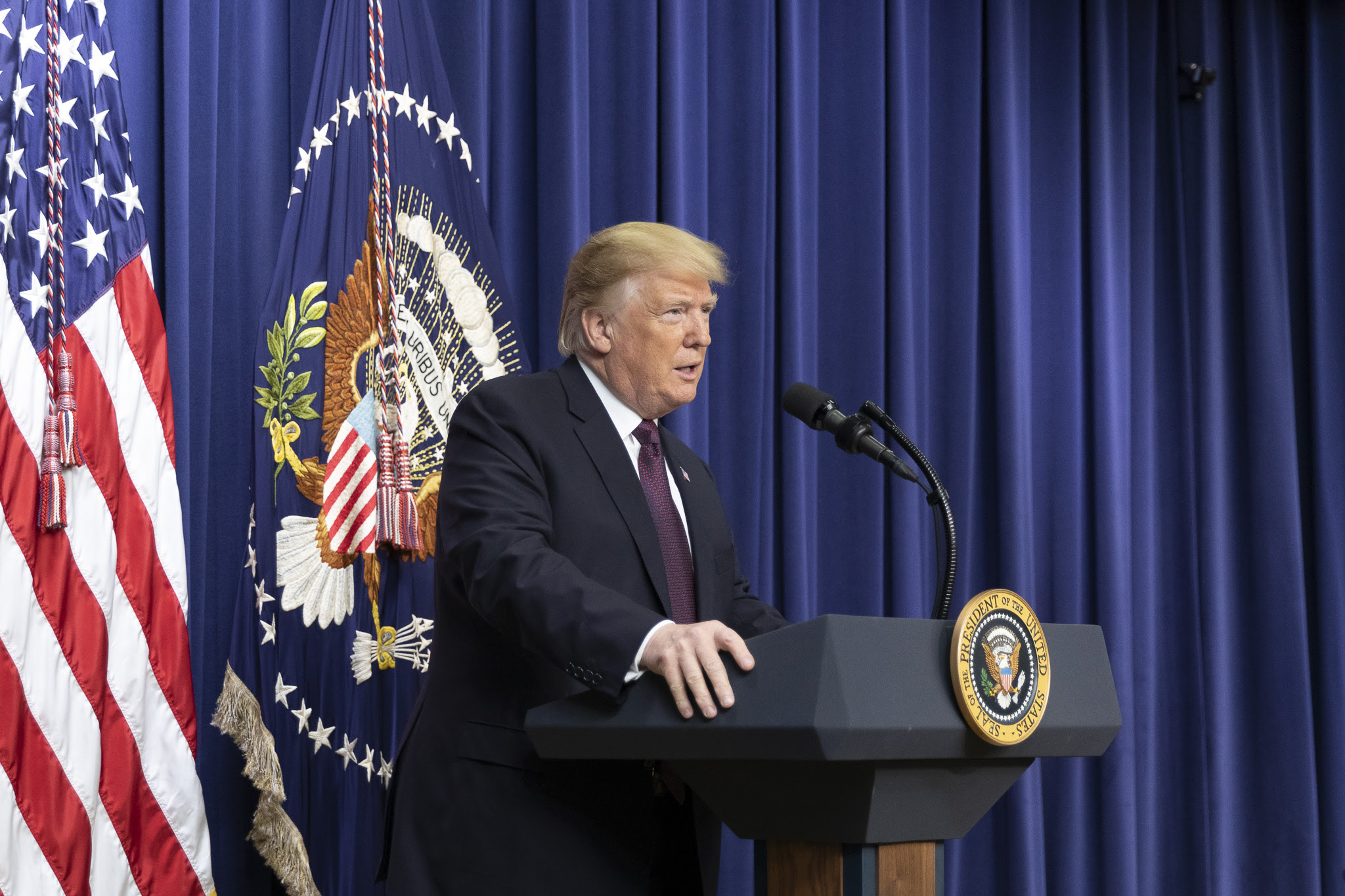By Javier Manjarres
 During a recent trip to Key West, I was fortunate to snap a couple of pics of the old Cuban embassy that was recently restored after it was severely damaged in a fire several years back. While appreciating the embassy’s historical value, I began to think about the extent of how much Cuba-U.S relations have suffered since the beginning of Fidel Castro’s repressive regime.
During a recent trip to Key West, I was fortunate to snap a couple of pics of the old Cuban embassy that was recently restored after it was severely damaged in a fire several years back. While appreciating the embassy’s historical value, I began to think about the extent of how much Cuba-U.S relations have suffered since the beginning of Fidel Castro’s repressive regime.
Today, the Cuban-American community in South Florida, once considered a solid Republican constituency has become more supportive of Democrats as greater numbers of younger Cuban-Americans seem to have forgotten the past and don’t regard today’s Cuban government in the same adversarial manner that their forebears continue to do.
Do you think the 2nd Amendment will be destroyed by the Biden Administration?(2)
These younger Cuban-Americans in question are two and three generations removed from their relatives who directly endured the physical and emotional pain inflicted by Fidel Castro’s Communist regime, so it is increasingly apparent that the younger generation’s support of Obama and other Democrats is the result of historical illiteracy and a lack of regard for their people’s sufferings more than anything else.
President Obama has lifted travel restrictions for Cuban-American and for Cuban exiles who wish to visit relatives back on the island. Obama has also eased restrictions in sending to those same relatives-
“Let me be clear: I am not interested in talking for the sake of talking. But I do believe that we can move U.S.-Cuban relations in a new direction.”-President Barack Obama (CNN)
Even though many believe that an actual American “embargo” of Cuba has been in place for decades, a genuine “embargo” of any and all trade with the island has not been in place since our naval blockade during the Cuban Missile Crisis in 1962. While there remains significant restrictions on business, trade, and travel with Cuba, the United States still remains the fifth largest exporter to Cuba- mostly food, medicines, and medical equipment- at best, it’s a partial “embargo” and certainly not “el bloqueo”.
 While younger Cuban-American voters are trending towards Obama’s empty and ultimately dangerous message, Cuban exiles who directly experienced Castro’s repression understand exactly how Raul Castro’s Communist government benefits from Obama’s removal of many travel restrictions. Alberto De La Cruz, the Managing Editor over at the Cuba-entric Babalu blog penned a couple of posts that outline exactly how the Communist regime profits from Obama’s decision.
While younger Cuban-American voters are trending towards Obama’s empty and ultimately dangerous message, Cuban exiles who directly experienced Castro’s repression understand exactly how Raul Castro’s Communist government benefits from Obama’s removal of many travel restrictions. Alberto De La Cruz, the Managing Editor over at the Cuba-entric Babalu blog penned a couple of posts that outline exactly how the Communist regime profits from Obama’s decision.
According to De La Cruz, “Cuba has dual currencies: the Convertible Peso (CUC) for tourists and the Cuban peso (CUP) for Cubans. The CUC is pegged to the dollar and the regime charges a 10% surcharge when you exchange USDs for CUCs on top of the 3.5% service charge.”-(Trip Advisors)
Here is Babalu’s breakdown of how much Castro’s government makes off Obama’s ‘generosity.’
Daily flights to Cuba from the U.S.: 10Passengers per flight: 160
Landing rights paid by each flight to the Castro regime: $4,000
From the cost of each ticket, $165 must be paid to the Castro government for each passenger, even infants.
Cuban Passport (renewable every 2 years): $375
Passport Extension: $180Entry Permit: $120
Passport Verification: $20
In addition, the Cuban government charges duties for excess baggage, appliances, and any item not for personal use be it new or used; duties are charged based on the value for any merchandise be it food, medicine, or clothes, and fees are also charged to exchange currency.
To all of this you add the money spent in Cuba by these travelers for lodging, food, transportation, purchases, etc.
In conclusion, we have here what the Cuban government receives annually from the visits of exiles in the United States:Landing rights: $14,600,000
Airline ticket fees: $96,360,000
Entry Permits: $70,080,000
Assuming that 20% travel with a new passport: $43,800,000
Assuming that 50% travel with a renewed passport: $52,560,000Assuming that 30% only had to pay to have passport verified: $3,504,000-(Babalu)
Will Obama’s easing of decades-old travel restrictions between the U.S. and Cuba result in further inroads into the Republican-leaning Cuban-American vote, influencing more of them to believe that his policy of “reconciliation” and appeasement is the correct one rather than continuance in the approach that regards Cuba as a dangerous and committed adversary of the United States?


